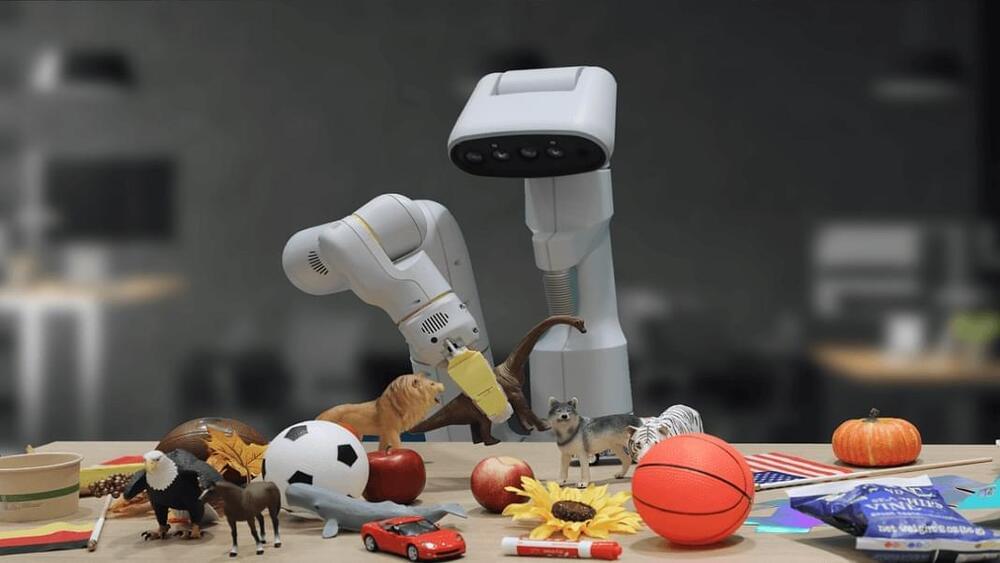Examples the team gives include choosing an object to use as a hammer when there’s no hammer available (the robot chooses a rock) and picking the best drink for a tired person (the robot chooses an energy drink).
“RT-2 shows improved generalization capabilities and semantic and visual understanding beyond the robotic data it was exposed to,” the researchers wrote in a Google blog post. “This includes interpreting new commands and responding to user commands by performing rudimentary reasoning, such as reasoning about object categories or high-level descriptions.”
The dream of general-purpose robots that can help humans with whatever may come up—whether in a home, a commercial setting, or an industrial setting—won’t be achievable until robots can learn on the go. What seems like the most basic instinct to us is, for robots, a complex combination of understanding context, being able to reason through it, and taking actions to solve problems that weren’t anticipated to pop up. Programming them to react appropriately to a variety of unplanned scenarios is impossible, so they need to be able to generalize and learn from experience, just like humans do.










Comments are closed.